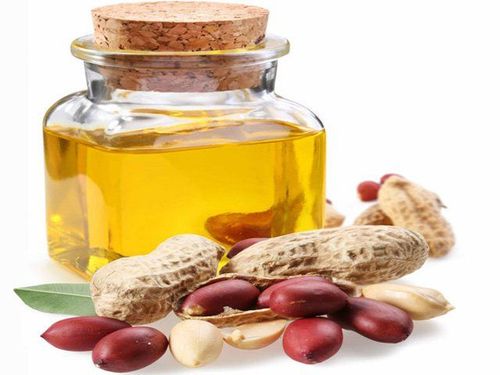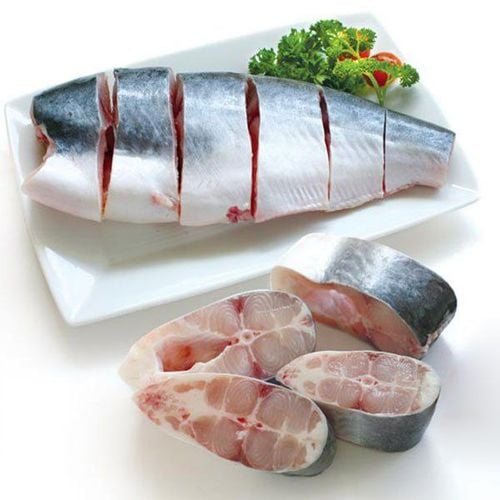Nowadays, vegetable fats (vegetable oils) are becoming increasingly popular in a healthy diet. These fats can have positive effects on health and prevent conditions such as high cholesterol, high blood pressure, and other dangerous cardiovascular diseases.
1. What are vegetable fats?
Vegetable fats, also known as vegetable oils, are extracted from various plants and are commonly used for cooking. Additionally, vegetable fats are found in some processed foods, such as margarine, salad dressings, mayonnaise, and cookies. The most widely known vegetable oils used in daily cooking include soybean oil, coconut oil, olive oil, and sunflower oil.
Nowadays, refined vegetable oils are becoming increasingly popular. They are extracted from various plants through chemical solvent processes or oil pressing machines. After extraction, they are cleaned, refined, and sometimes chemically modified.
The use of vegetable fats along with other fats, such as butter, is rapidly increasing. Studies have shown that consuming vegetable oils provides many cardiovascular health benefits and is recommended as a substitute for saturated fat sources like lard, butter, and animal fat in general. This is because vegetable oils contain high levels of polyunsaturated fats, which help reduce the risk of cardiovascular diseases compared to saturated fats.

2. Nutritional value of various vegetable oils
All types of vegetable oils provide essential nutrients for the body, including tocopherols, unsaturated fatty acids, phosphatides, sterols, and other bioactive compounds.
Unsaturated fatty acids in vegetable oils include linolenic acid, linoleic acid, and arachidonic acid, which the body cannot synthesize and must be supplemented through food. Here are the different groups of vegetable oils found in specific types of food:
- Vegetable oils containing polyunsaturated fatty acids (about 49-50%): Include corn oil, sunflower oil, sesame oil, cottonseed oil, and soybean oil;
- Vegetable oils primarily containing oleic acids (80% or more): Include peanut oil, olive oil, and almond oil;
- Vegetable oils containing high levels of saturated fatty acids (50%): Include coconut oil and cocoa butter.
Here are the types of vegetable oils that provide significant nutritional benefits for overall health, including:
- Sesame oil: Similar to soybean oil, it provides a large amount of unsaturated fatty acids. Additionally, other nuts like cashews or chestnuts are also a source of essential fats and proteins for the body; however, their nutritional content is not as high as sesame seeds, peanuts, and soybeans.
- Peanut oil: Peanuts are a food source rich in protein, fats, and other important vitamins. Peanut oil contains a large amount of triglycerides, but fewer phosphatides. The glycerides in peanut oil also provide three essential fatty acids such as linoleic acid (80%), oleic acid, and palmitic acid (10%). The main nutritional values in peanuts typically include: fats (44.5%), protein (27.5%), and glucid (15.5%).
- Olive oil: Compared to other vegetable oils, it contains more vitamins and minerals. Additionally, it provides a significant amount of vitamin K (60.2 mg/100 g), second only to margarine and soybean oil, vitamin E (14.35 mg/100 g), and some rare minerals such as iron (0.56 mg/100 g), calcium (1 mg/100 g), potassium (1 mg/100 g), and sodium (2 mg/100 g).
In terms of vitamin content, vegetable oils contain carotene and tocopherol. Some vegetable oils, such as corn oil, soybean oil, wheat germ oil, cottonseed oil, and sunflower oil, have high tocopherol content, while olive oil, coconut oil, and peanut oil have lower levels. Notably, sunflower oil has the highest vitamin E activity, whereas soybean oil and corn oil appear to lack significant vitamin activity.

3. Are vegetable fats good for health?
In general, a diet rich in vegetable fats instead of animal fats can provide certain health benefits, especially for those with high blood cholesterol levels. You should use nuts that are high in vegetable oils as a substitute for animal fats, including chestnuts, sesame seeds, pumpkin seeds, and peanuts. These nuts contain a lot of unsaturated fatty acids, omega 3, and omega 6. To further supplement unsaturated fatty acids, you can also add natural fish oils. Additionally, you should limit the intake of foods high in saturated fatty acids, such as butter, lard, or meat broth.
Recent studies have shown that using vegetable fats can help reduce the risk of cardiovascular diseases, strokes, and early mortality from these conditions. Nutrition experts recommend incorporating healthy sources of polyunsaturated fats, such as olive oil, seeds, and nuts, into your diet.
Reference sources: webmd.com, healthline.com
To arrange an appointment, please call HOTLINE or make your reservation directly HERE. You may also download the MyVinmec app to schedule appointments faster and manage your reservations more conveniently.








